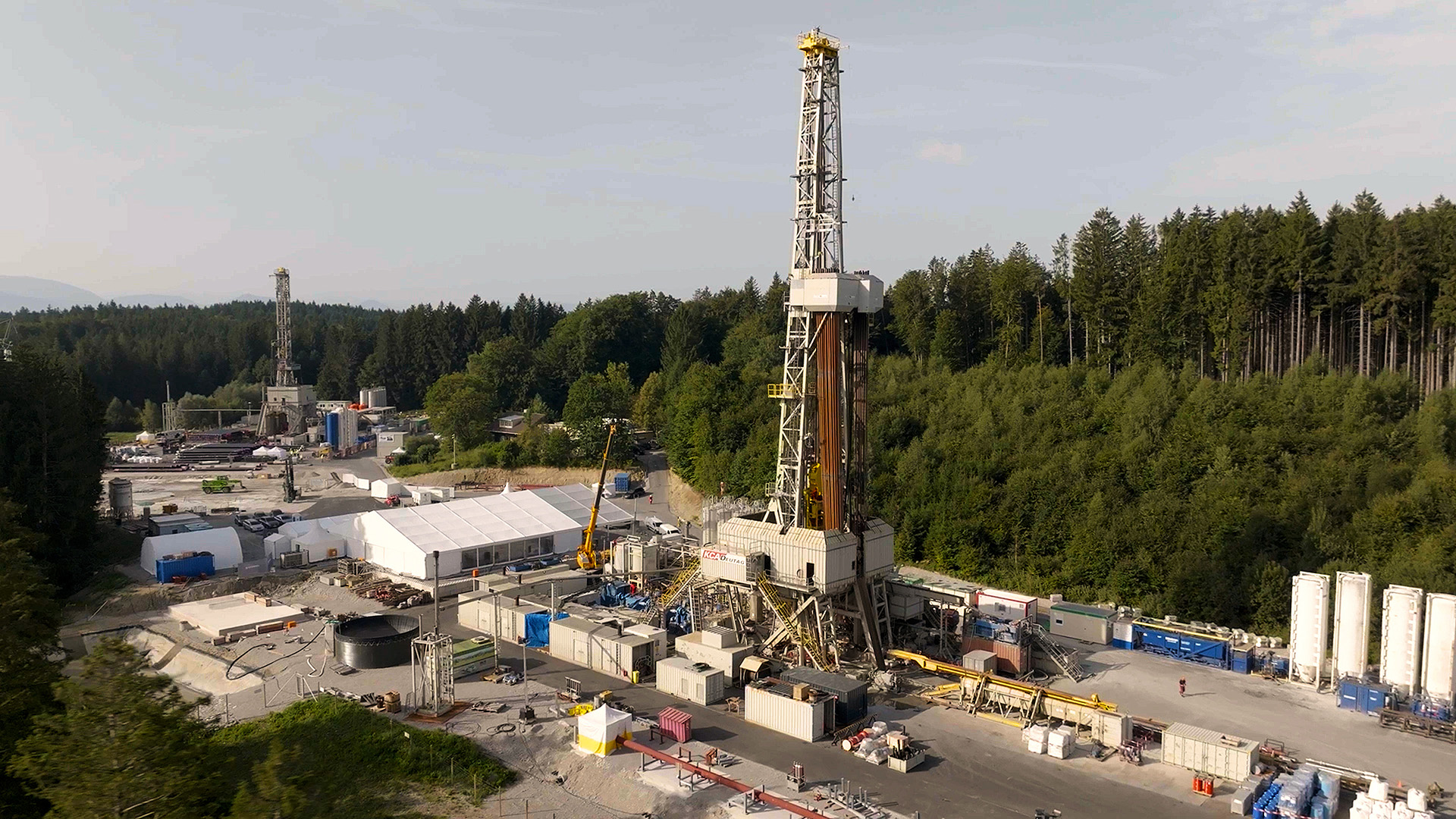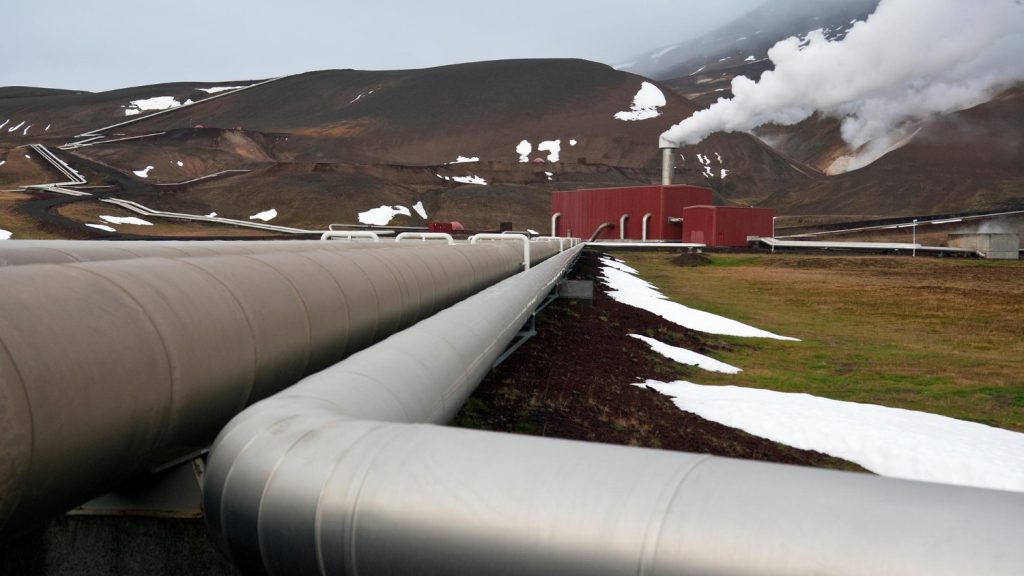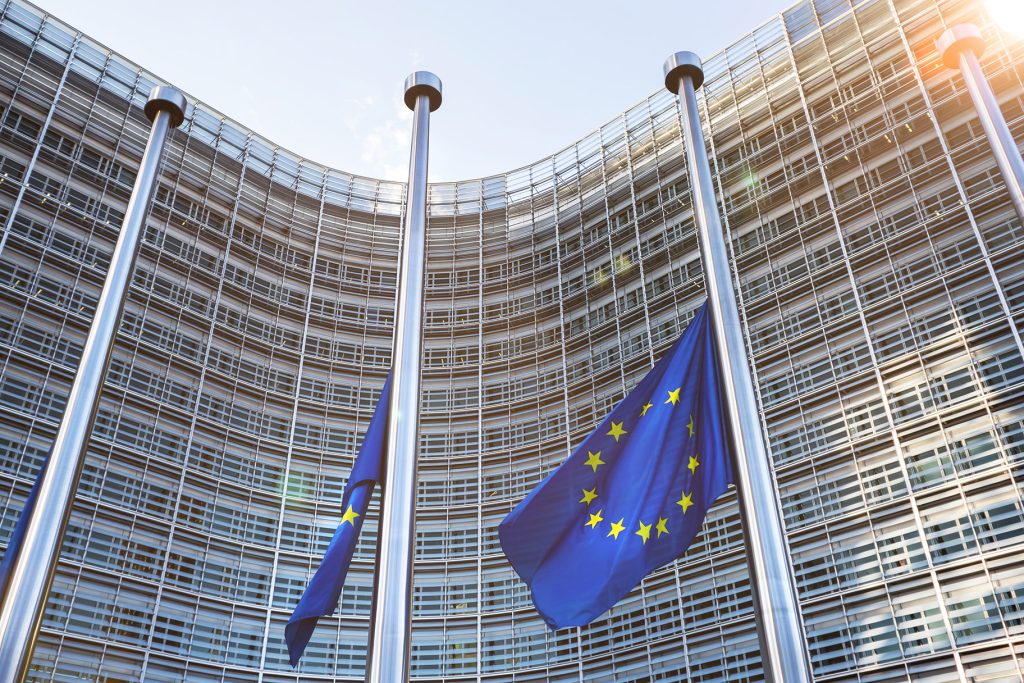EU countries have committed themselves to decarbonization targets, i.e. a reduction in national emissions from 1990 levels, which can only be achieved by reducing the use of fossil fuels and, over time, moving away from fossil fuels. Growing energy needs mean adopting technologies that allow us to produce the cleanest possible energy with the lowest possible carbon emissions.
ROMANIA HAS A DUTY TO PLAY TO ITS STRENGTHS
For this transition to succeed, each country is turning its attention to different energy sources, depending on its natural resources, the labor force that can be directed to the new fields and the technological experience accumulated in the energy production sectors. In Romania's case, the topography, subsoil resources and hydrographic network make it possible to develop numerous types of renewable energy throughout the country:
-
- Solar energy - this sector has seen sustained growth in recent years;
- Wind energy - both onshore and offshore (offshore). The offshore wind energy law was passed in 2024.
- Geothermal energy. This resource is one of the least developed, although it offers many advantages.
Geothermal energy is already being used in Romania, although it is far from reaching its potential. So far, the technology used is the open-loop one: this is the case in Oradea, which has set up a thermal energy production system that already benefits 4800 inhabitants. Other units are in the works in Oradea to expand production capacity. "Until now, all investments on geothermal energy stop at the type of heat exchangers, but because the return part reaches 45 degrees we use heat pumps and thus we manage to absorb more energy, heat, from geothermal water and prepare a thermal agent at 85 degrees. We are the only one in the country to use this combined method. Finally, we inject the waste geothermal water at a much lower temperature," he said. project manager Daniel Țigan, from the Internationally Funded Projects Management Department (DMPFI) of Oradea City Hall.
LEGISLATION - THE THING THAT CAN BLOCK OR SPEED UP A TECHNOLOGY
Legislation has the capacity to stimulate or block the implementation of a new technology. There are several types of laws to consider when considering a new technology: general laws, sector-specific laws and special provisions for innovations.
The authorities, the private sector and civil society need to work together, including to create the necessary legislative framework for the development of geothermal energy. As with other technologies, the lack of clear legislation is holding back the development of renewable energy, depriving Romania of modern, efficient technologies which benefit a large number of its inhabitants.
According to policy paper realized by Oil and Gas Employers Federation, one of the main measures that could facilitate the development of this technology would be to "revise the current Mining Law 85/2003 to provide:
(1) a clear definition of geothermal energy, including expanded terminology to explicitly define geothermal heat, geothermal energy and geothermal water exploitation among the resources that can be exploited;
(2) a simplified/single permitting process with transparent criteria for investor applications; (3) easy access to permitting procedures and reasonable permitting periods; and (4) longer periods for drilling permits granted for geothermal applications.
These points are also mentioned in Romania's Energy Strategy 2025 - 2035, the version proposed for public consultation by the Ministry of Energy in June 2024.
According to the policy paper proposed by the Oil and Gas Employers' Federation, the law should take into account several aspects specific to this technology:
-
- The initial investment for closed loop technology is much higher than for conventional heat capture systems with payback over time.
- long-term operational costs are significantly lower than traditional applications.
- has the potential to generate new jobs nationwide.
- It has the capacity to improve the overall environmental performance of the country.
INITIATIVES AT EUROPEAN LEVEL
Early 2024, the European Parliament has passed a resolution to create a European geothermal energy strategy.
The resolution concerns:
- A European strategy for geothermal energy to reduce administrative burdens and support investment in buildings, industry and agriculture across the Union.
- A Geothermal Industry Alliance to accelerate the implementation of best practices and effective implementation of legislation.
- An insurance scheme to reduce financial risk.
- Encourage Member States to develop national geothermal energy strategies.
- Support for regions in transition, e.g. those where the transition from coal to geothermal energy can be realized.
European legislation has numerous provisions on geothermal energy, listed in study "The Legal Governance of Geothermal Energy in Europe: A Historical Review and an Indicator Analysis"by the Hungarian researchers Mária Hámor-Vidó, Tamás Hámor, Rim Khedri, Katalin Bódis, Anikó N. Tóth.







